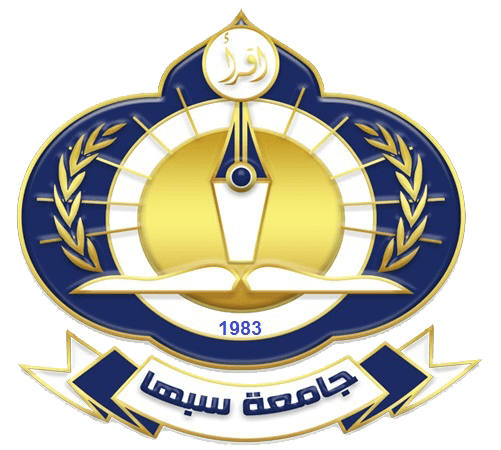The Information and Documentation Centre is a fundamental pillar of Sebha University, owing to its pivotal role in taking the necessary steps and measures to achieve the university’s objectives while maintaining high levels of efficiency and coordination.
The Office of Information and Documentation was established in 2000 with the primary goal of providing data, statistical information, and documents, as well as processing them for analytical purposes. Its establishment was in accordance with the decision of the General People’s Committee (Prime Minister’s Office) No. 772 of 1989, which called for the creation of information and documentation centres across various institutions.
In 2010, following a decision by the President of Sebha University, the centre was reorganised into an independent entity, with the aim of building, managing, and developing an integrated information system. This system is designed to provide essential support for policy development and effective decision-making. Through this initiative, the centre seeks to contribute to enhancing the efficiency and effectiveness of both academic and administrative functions at the university.

Firstly: Vision:
To build a scientific and technological database that ensures the regularity and exchange of information that meets the needs of all stakeholders, whether researchers or decision-makers, in order to enhance and improve the level of efficiency and effectiveness in all scientific and service fields at the university.
Secondly: Mission:
To work on providing information, statistics, and relevant data in the field of education, facilitating the flow of information to officials and stakeholders within and outside the university. Also, focusing on building and developing databases, statistics, and data containing everything related to the university, while promoting integration and automated linkage with information sources in Libya.
Thirdly: Objectives:
- 1. Preservation of information, data, and documents using appropriate technical methods and making them accessible to the public and private entities.
- 2. Reviewing accredited information from specialized entities, processing it to provide accurate and high-quality data to relevant authorities.
- 3. Organizing and monitoring the educational system objectives of the Information and Documentation system, coordinating with different departments, offices, and centers, and supervising the implementation of the educational system for information, as well as monitoring the issuance of guides, instructions, and procedures.
- 4. Organizing information and data within and outside the university, and linking them through the National Information Network.
- 5. Implementing an electronic archiving system for university documents and publications to facilitate their storage, retrieval, while reducing the use and loss of paper.
6. Developing an information guide for the university.
- Participating in proposing plans that meet the community’s needs for various disciplines.
- Preserving and documenting information and statistics in an organized manner that ensures easy access when needed.
- Collecting information and data related to all university activities and affairs and preparing the necessary statistics.
- Preparing brochures and newsletters related to the university’s activities and guidelines.
- Providing relevant authorities, the university, and others with various data and statistics regarding students, faculty members, projects, facilities, and more.
- Building and developing databases, statistics, and data containing everything related to the university while promoting integration and automated linkage with information sources in Libya.
-
Administrative Affairs Department:
Organizing workflow and monitoring procedures within and outside the center.
-
Information and Statistics Department:
Collecting data and information from specialized entities within the university and preparing statistics to provide stakeholders with necessary information.
-
Processing and Auditing Department:
Examining and auditing the obtained data and information, developing processing methods, and preparing reports for specialized entities to update the data accordingly.






 Users Today : 359
Users Today : 359